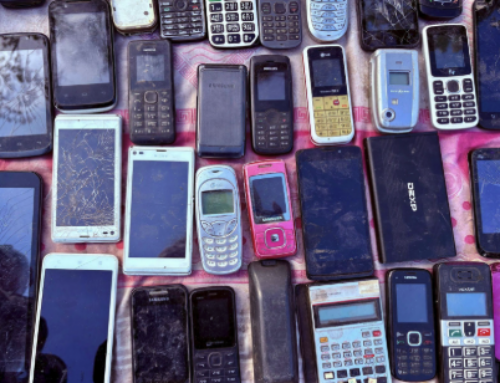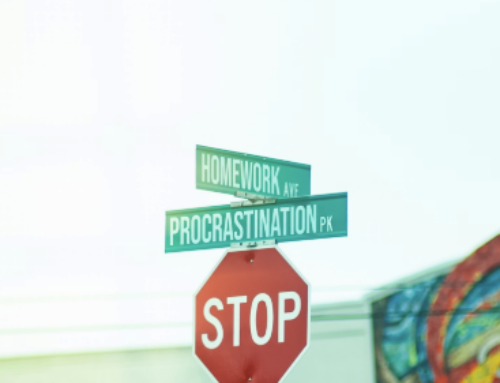 Reading can be a challenging task for people with print disabilities, but an online library is trying to change the situation.
Reading can be a challenging task for people with print disabilities, but an online library is trying to change the situation.
With over 450,000 titles, Bookshare is the world’s largest accessible online library. For people who have difficulty with traditional print materials due to any visual impairments, physical disabilities or learning disabilities, the library provides various functions that make reading accessible to all. This includes high-quality text-to-speech, highlighting functions, digital braille, enlarged fonts, and options to create physical braille and large print.
Students with print disabilities tend to start having difficulty keeping up at school by third or fourth grade, when independent reading activities begin to demand higher expectations. Bookshare strives to bridge that gap.
Sixth grader Kevin Leong is one of many who has benefitted from Bookshare. Leong has had challenges with reading ever since his vision was affected by an organic brain injury. Until he found Bookshare, reading was a great strain on his eyes, and he started to fall behind in school.
But by making use of the various functions that Bookshare provides, Kevin started reading more and more. Using Bookshare, he can now engage with books in new ways, such as listening to an audio version or enlarging the print. Because Bookshare also makes books downloadable, Kevin now carries his books everywhere. He can catch up with schoolwork and stay on top of his studies, and as a result, his self-esteem has increased.
Another user of Bookshare who is making the best out of its services is Stan Gloss, co-founder and CEO of BioTeam, Inc. Gloss has fought dyslexia his entire life; despite his love of learning, his reading difficulty made studying much harder for him than for other students. He struggled all the way through high school, but he eventually went to college then graduate school to earn a master’s degree. Now he leads a consulting practice in the life sciences market.
Gloss discovered Bookshare in 2015. Thanks to this service, he read more books that year than he had ever read in his lifetime. Gloss says: “Technology is finally catching up to dyslexics. These tools are game changers for children and adults, and I am a living example that it’s never too late to try something new.”
Services like Bookshare can unlock the vast potential of people with print disabilities, creating a new future by making reading accessible to all.
Did You Know?
Carol Greider is the director of molecular biology and genetics at Johns Hopkins University. Along with Elizabeth Blackburn and Jack Szostak, she won the 2009 Nobel Prize in Medicine. She fought with dyslexia throughout her education, and used what she learned from that experience when approaching challenges in her career.
Image credit: Ben Landau



